On July 1, we celebrate the memory of two holy men that are included in a special category of sanctity in the Byzantine Church: Unmercenary Healers, Ss. Cosmas and Damian. There were man who did a special service for the Christian faithful: they served the physical needs of those afflicted by illnesses, and cared for them without recompense. They were images of our Lord Jesus Christ, the Physician of Souls and Bodies. Indeed, they were more than simply doctors who healed bodies, but they were wonder-workers who brought spiritual healing through the grace of God, fulfilling the Lord’s command, “Freely you have received; freely you are to give. (Matthew 10:8)” They were holistic healers of the whole human person.
We sing today: “You first showed yourselves to be good doctors by cleansing all our sicknesses by faith, then you took up the spiritual battle, and divinely drove away the spiritual illnesses of corruption.” (Sticheron at Psalm 140, Tone 1).
Unmercenary healers always come in pairs. This is a sign of both our oneness in Christ and our need for mutual support. For one to live as a true hermit in solitude was rare, and it still needed the permission and support of a spiritual father. Two men struggling the ascetical life together for mutual support was very common in monastic life. Of course, there was then also the community life of men and women living in community in the search for the presence of God. Cosmas and Damian lived in Rome in the third century.
Other unmercenary healers were: “Antipas, Charalampius and Blaise, the most honored bishop martyrs; Spyridon and Modestus, the all-splendid luminaries of the Church; the three pairs of divinely wise saints Cosmas and Damian, who shared the same names and the same ways; Cyrus and the glorious John; the divine Panteleimon and Hermolaus; Diomedes and Sampson; together with Mocius, Photius and Anicetas, Artemius, Thalalaeus and Tryphon.
Meditation by Archpriest David Petras
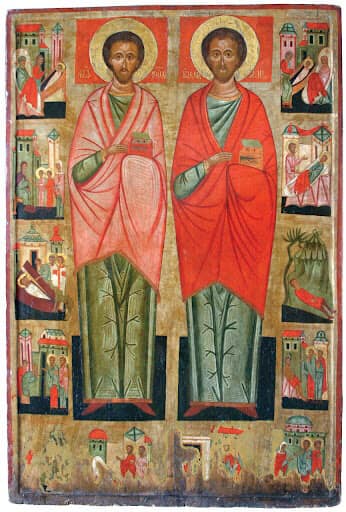
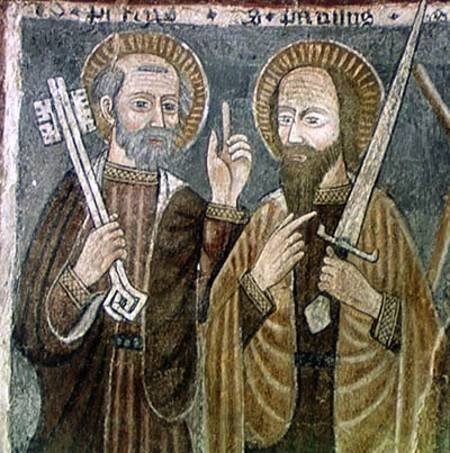
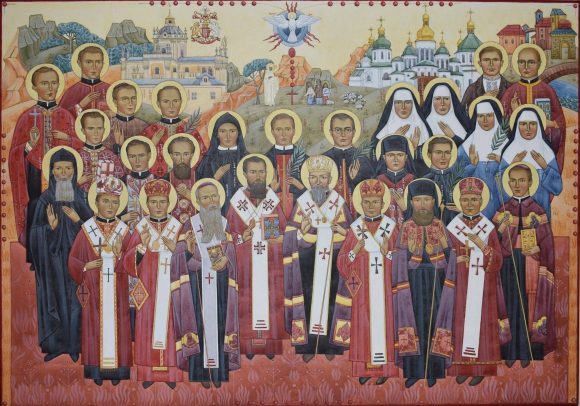
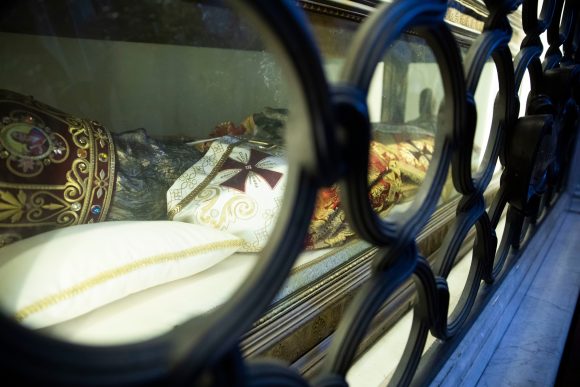
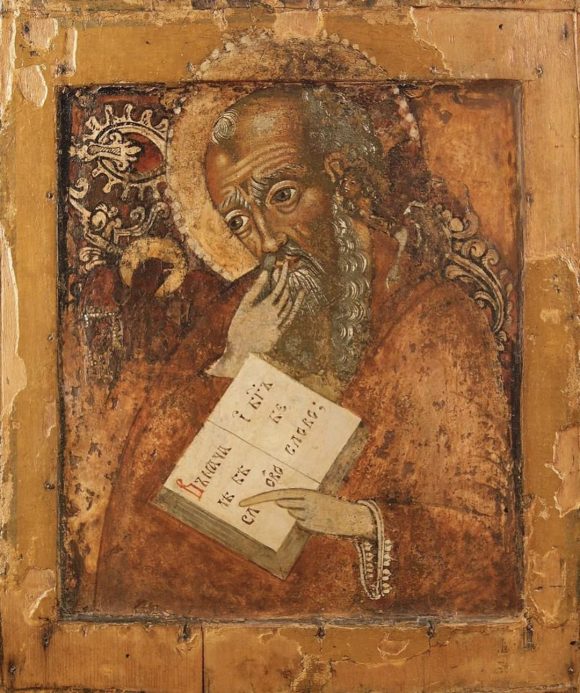
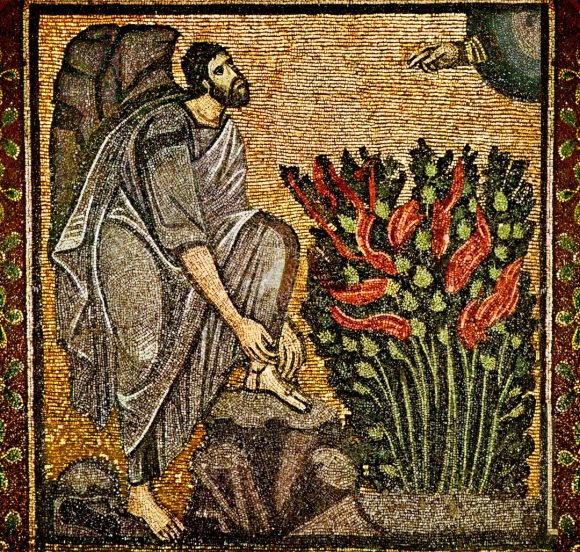
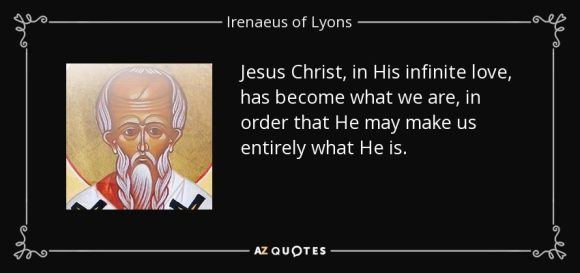
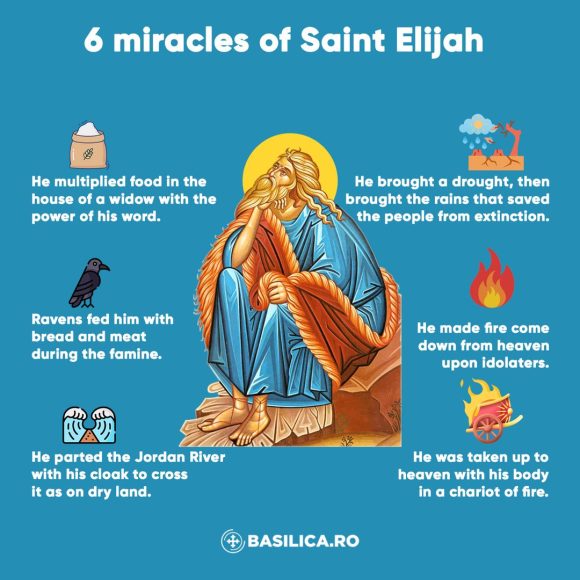
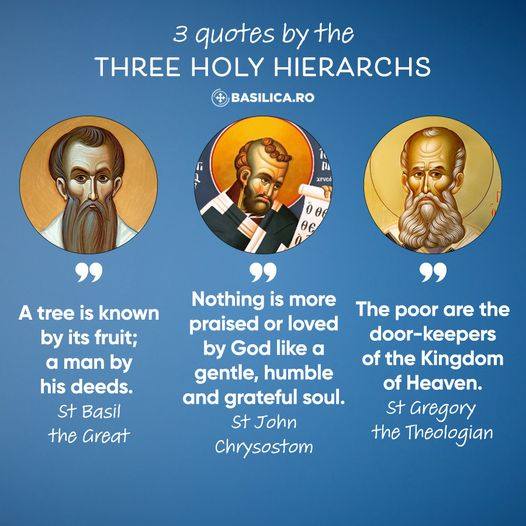
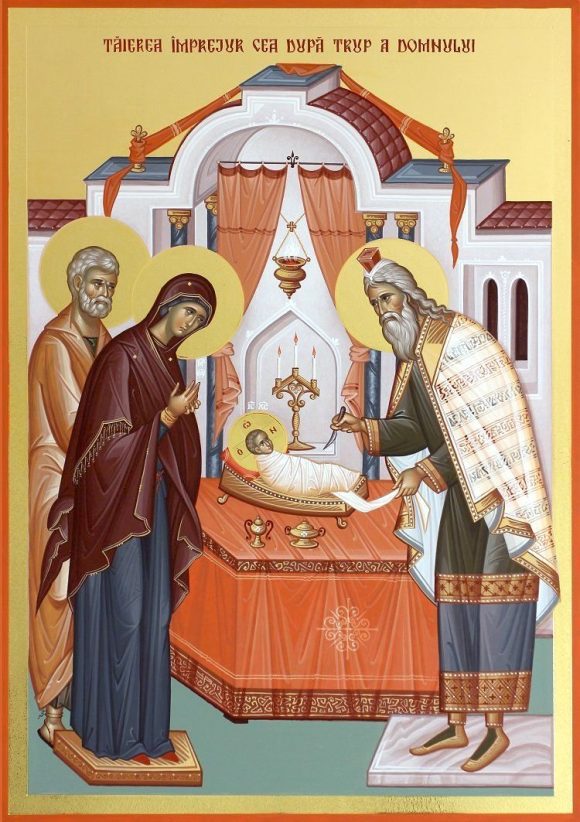
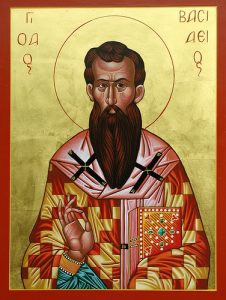 Saint Basil the Great was born to a wealthy yet pious family at Caesarea in 330. Highly educated in philosophy, philology, oratory, law, naturalist, astronomy, mathematics and medicine, he developed a close friendship with Saint Gregory the Theologian in Athens. He later returned to Caesarea, where he became an ascetic and laid the foundations of Eastern monasticism, later being joined by Saint Gregory.
Saint Basil the Great was born to a wealthy yet pious family at Caesarea in 330. Highly educated in philosophy, philology, oratory, law, naturalist, astronomy, mathematics and medicine, he developed a close friendship with Saint Gregory the Theologian in Athens. He later returned to Caesarea, where he became an ascetic and laid the foundations of Eastern monasticism, later being joined by Saint Gregory.